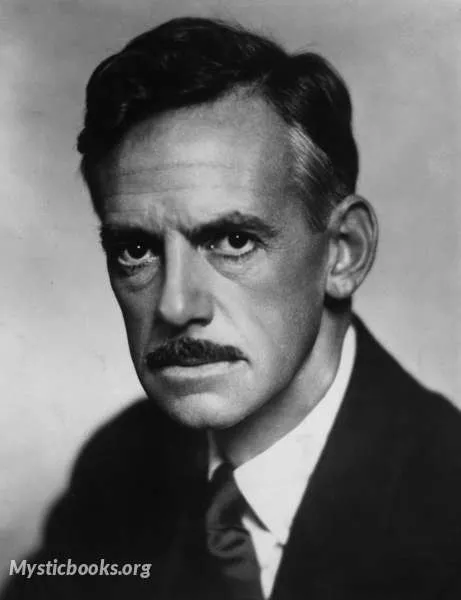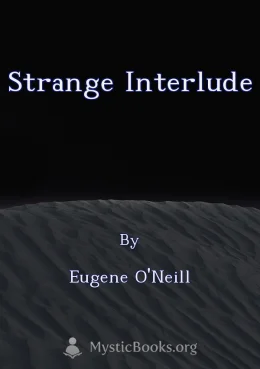
Timeline
Title
Country/Nationality
Eugene O'Neill
O'Neill was born in a hotel, the Barrett House, at Broadway and 43rd Street, on what was then Longacre Square (now Times Square). A commemorative plaque was first dedicated there in 1957. The site is now occupied by 1500 Broadway, which houses offices, shops and the ABC Studios.
He attended Princeton University for one year. Accounts vary as to why he left. He may have been dropped for attending too few classes, been suspended for "conduct code violations",or "for breaking a window",or according to a more concrete but possibly apocryphal account, because he threw "a beer bottle into the window of Professor Woodrow Wilson", the future president of the United States.
O'Neill spent several years at sea, during which he suffered from depression and alcoholism. Despite this, he had a deep love for the sea and it became a prominent theme in many of his plays, several of which are set on board ships like those on which he worked.
After his experience in 1912–13 at a sanatorium where he was recovering from tuberculosis, he decided to devote himself full-time to writing plays (the events immediately prior to going to the sanatorium are dramatized in his masterpiece, Long Day's Journey into Night). O'Neill had previously been employed by the New London Telegraph, writing poetry as well as reporting. In the fall of 1914, he entered Harvard University to attend a course in dramatic technique given by Professor George Baker. He left after one year.
In an early one-act play, The Web. written in 1913, O'Neill first explored the darker themes that he later thrived on. Here he focused on the brothel world and the lives of prostitutes, which also play a role in some fourteen of his later plays. In particular, he memorably included the birth of an infant into the world of prostitution. At the time, such themes constituted a huge innovation, as these sides of life had never before been presented with such success.
O'Neill's first published play, Beyond the Horizon, opened on Broadway in 1920 to great acclaim, and was awarded the Pulitzer Prize for Drama. His first major hit was The Emperor Jones, which ran on Broadway in 1920 and obliquely commented on the U.S. occupation of Haiti that was a topic of debate in that year's presidential election. His best-known plays include Anna Christie (Pulitzer Prize 1922), Desire Under the Elms (1924), Strange Interlude (Pulitzer Prize 1928), Mourning Becomes Electra (1931), and his only well-known comedy, Ah, Wilderness!, a wistful re-imagining of his youth as he wished it had been. In 1936 he received the Nobel Prize for Literature after he had been nominated that year by Henrik Schück, member of the Swedish Academy. After a ten-year pause, O'Neill's now-renowned play The Iceman Cometh was produced in 1946. The following year's A Moon for the Misbegotten failed, and it was decades before coming to be considered as among his best works.
He was also part of the modern movement to partially revive the classical heroic mask from ancient Greek theatre and Japanese Noh theatre in some of his plays, such as The Great God Brown and Lazarus Laughed.
O'Neill died in Room 401 of the Sheraton Hotel (now Boston University's Kilachand Hall) on Bay State Road in Boston, on November 27, 1953, at the age of 65. As he was dying, he whispered his last words: "I knew it. I knew it. Born in a hotel room and died in a hotel room."
Books by Eugene O'Neill

Beyond the Horizon
Beyond the Horizon is a play written by American playwright Eugene O'Neill. Although he first copyrighted the text in June 1918, O'Neill continued to revise the play throughout the rehearsals for its 1920 premiere. His first full-length work to be st...

Anna Christie
Anna Christie is the story of a former prostitute who falls in love, but runs into difficulty in turning her life around.

Strange Interlude
Set against the backdrop of World War I, "Strange Interlude" is a profound exploration of the human psyche. Employing innovative use of soliloquies, it delves into the hidden depths of characters' minds, laying bare their innermost thoughts and desir...